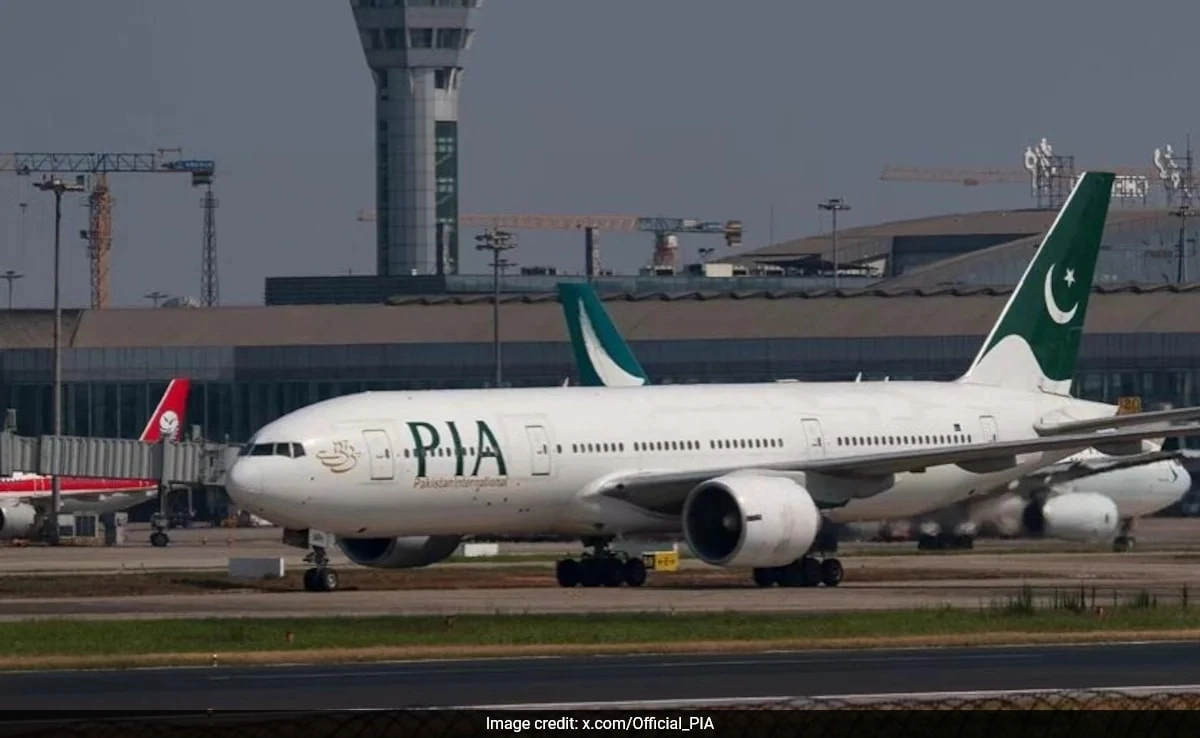In a significant escalation of tensions between India and Pakistan, the Pakistani government has announced the closure of its airspace in response to India’s recent precision strikes. This decision comes in the wake of military operations conducted by India that reportedly targeted militant positions within Pakistan’s borders. The strikes, which India claimed were aimed at eliminating threats to its national security, have heightened fears of a potential conflict between the two nuclear-armed neighbors. The closure of airspace is a strategic move by Pakistan, aimed at safeguarding its air sovereignty and signaling its readiness to respond.
Pakistan’s military leadership has made it clear that the nation is prepared to retaliate against any further incursions. The government has emphasized its commitment to protecting its territorial integrity and maintaining national security. Officials have stated that the military is on high alert and is actively monitoring the situation. This declaration of readiness to retaliate underscores the seriousness of the current geopolitical climate in South Asia, where both countries possess nuclear capabilities, raising concerns about the potential consequences of an armed confrontation.
In light of these developments, diplomatic channels may play a crucial role in de-escalating the situation. International observers and regional powers are closely watching the unfolding events, hoping for a peaceful resolution to the crisis. The global community is aware that any escalation could have severe ramifications not only for India and Pakistan but also for regional stability. Both nations have a history of conflicts, and the resurgence of military tensions raises questions about the effectiveness of existing peace agreements and dialogue mechanisms.
As the situation develops, the actions taken by both governments will be pivotal in determining the future trajectory of their bilateral relations. The need for dialogue and diplomatic engagement has never been more critical, as both sides grapple with the implications of their military postures. The closure of airspace and the readiness for military response highlight the precarious nature of security in the region and the urgent need for measures that can prevent an escalation into open conflict.




